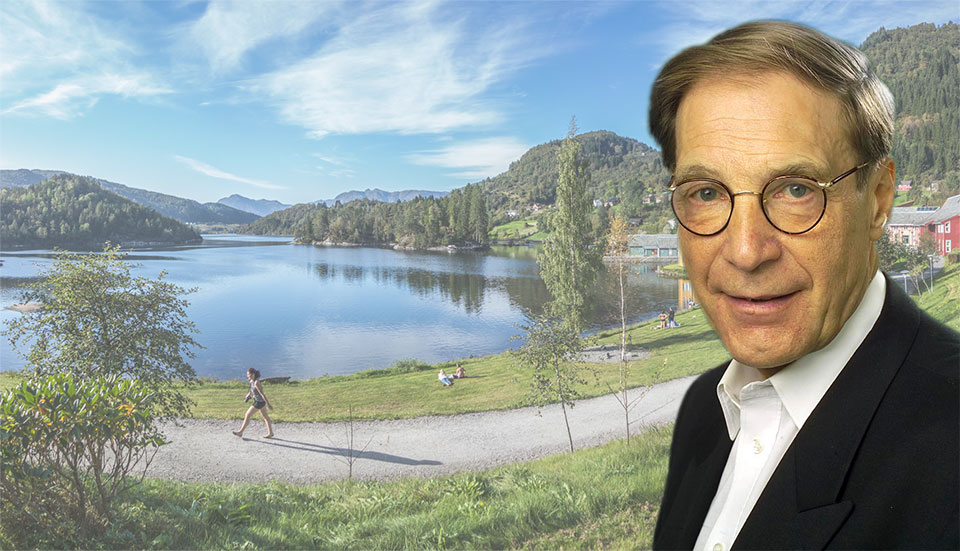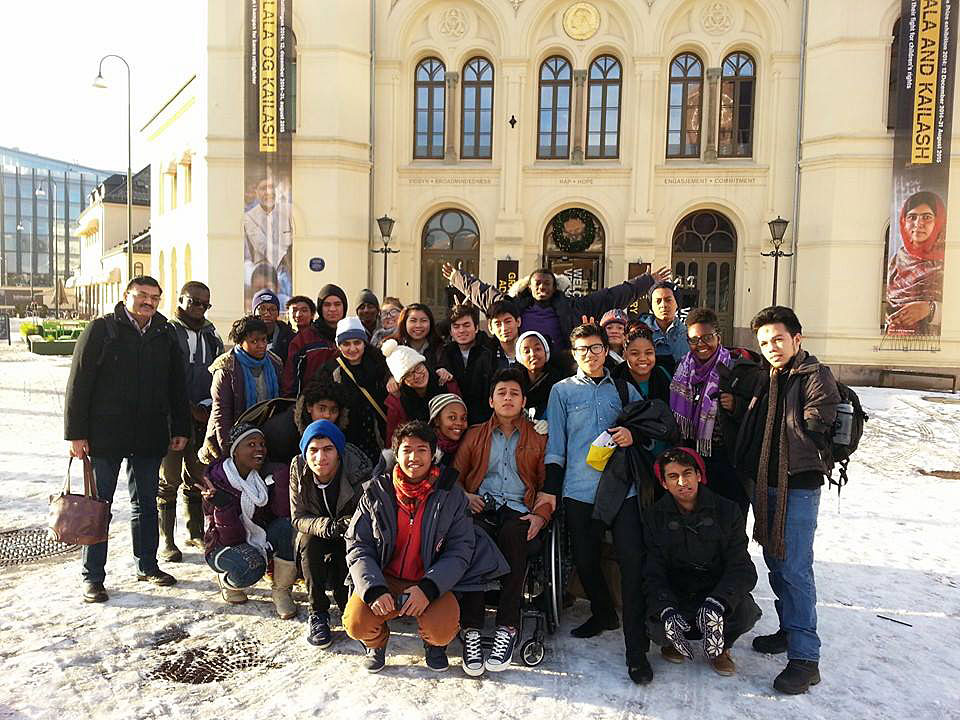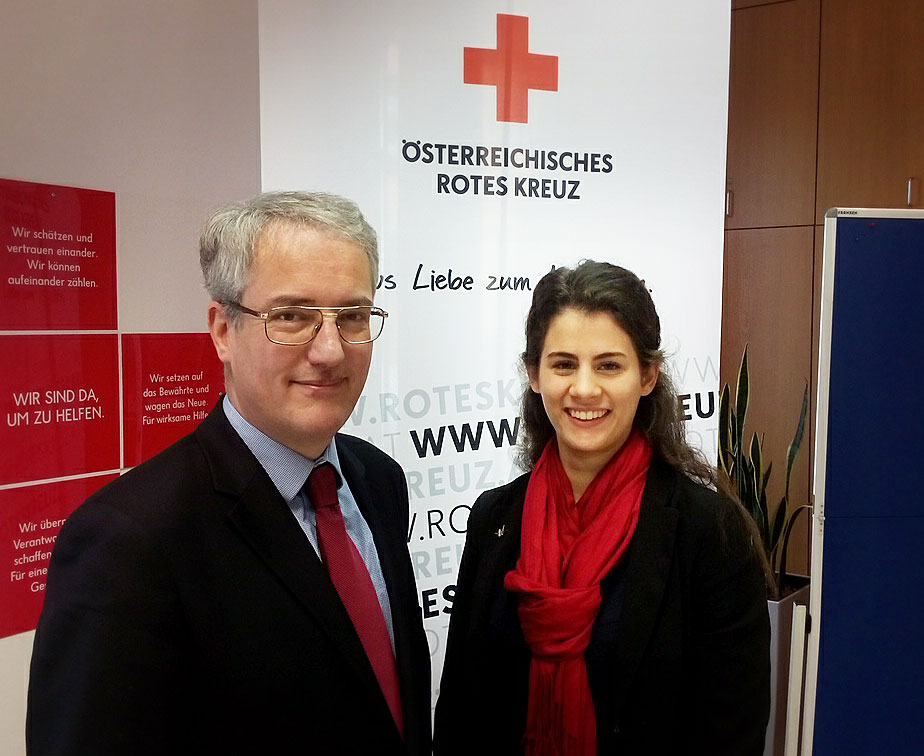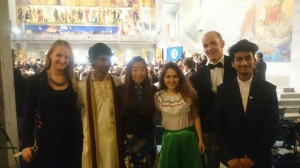A Scenario for the World
I was startled when reading what President Obama said during the G20 meeting in Brisbane, approximately: “…United States, as the only superpower in the world … ” My reflection was simply that if a leader must say so, then he wants to convince himself and others that it remains so.
It is hard to avoid the feeling that the world we have been living in during the last quarter of a century is undergoing radical changes of some kind. The image of a Brave New World that would follow the end of the Cold War has faded away. The conflicts on several continents have increased in intensity, so that one could speak of the return of a new Cold War. At the same time there is redistribution in the roles that the main state actors play in world politics.
Many observers believe that America’s retreat from leadership has begun. The economic and political realities in the domestic scene are forcing a rethink. The guiding hand, for better or worse, which the USA has offered the world community, will probably not be as present in the coming years. USA will still remain the leading military power, even if an intensified arms race in China, India and Russia slightly reduces the enormous advantage the superpower has had.
The USA simply has become over stretched through its involvement on many fronts. Afghanistan and Iraq were draining on resources and undermining political patience. The new Pacific doctrine aimed at curbing China’s military expansion hardly had time to take effect before Ukraine and Isis demanded attention. Knowing that the USA lives on a huge mountain of debt with major social challenges at home makes many countries think: for how long can and will the USA want to provide guarantees to the security of its many military allies?
Today, these clients are increasingly looking after their own affairs: Japan, Taiwan and South Korea in Asia, Israel and Saudi Arabia in the Middle East. In Europe small NATO countries in the Baltics and Eastern Europe ask if the US actually wants to live up to its obligations if the Ukrainian crisis deepens. Deployment of small military units was needed to reduce fears.
What does the future world picture look like if this trend continues? Theories abound, and have varied strongly since 1991. A few years ago a writer (Ian Bremmer: Every Nation for Itself) tried to describe how world politics would turn out after a gradual US retreat from its role as world policeman. He launched the concept G Zero that would replace the G7, G20 and all other attempts to coordinate cooperation between the major economic and military players.
Under G Zero each state would act for itself and its interests. The significance of international agreements would decrease because those who violate them are not penalized. The NGOs representing the conscience of the world would be sidestepped, especially in the BRIC countries, where they already are seen as lay preachers of unilateral Western ideas. Ruthless global companies would get more room to maneuver, but state-owned enterprises would also benefit from an increasing protectionism.
Why now speculate about a world without guidance and coordination? Because we apparently are slipping into just such a world. The signs are many that the desire for coordination and cooperation is rapidly decreasing. The USA has burnt its fingers in many places: no Palestinian agreement, retreat from Afghanistan and Iraq with mediocre results, challenges from China and Russia, criticism from old allies such as Turkey, Brazil and South Africa. A Republican Congress makes foreign policies unpredictable. Will it become isolationist or aggressive?No agreement has been reached on sustainable development and the climate. Comprehensive trade agreements are hard to settle. The showdown on Iran’s nuclear ambitions has been deferred. The Ebola epidemic has taken countries by surprise. The Isis caliphate suggests that the world’s cradle, the Middle East, remains a trouble spot; religion has come back as a mobilizing force for terror. The number of failed states appears to be increasing, not decreasing.
Are there alternatives to an egoistic world without leaders and rules? Could a G2 occur with China and the US as partners? China wants to become equal with the United States in order to declare its marine and neighboring areas as its sovereign sphere of influence. But the US has alliance agreements with a number of China’s neighboring states and cannot leave them in the lurch. A G2 is not likely, even if the states are economically interdependent. Obama’s statement in Brisbane sounds like a no to G2.
Could global collaboration be recreated within the G20 framework? The above-mentioned author believes that it is only truly dramatic crises that could awaken the states. The Second World War brought them to the creation of the UN and the Bretton Woods agreements. But a supply crisis, raw material crisis, water crisis, climate crisis or a major natural disaster today only creates passing interest, after which everyone looks to their own house.
It is more likely that regional alliances are strengthened in a G Zero world. They are formed around a Protecting Power, and may take different shapes. If the EU can re-create itself, it is the strongest of them, with Germany as the leading nation. Russia operates its Eurasian Union, Saudi Arabia collects the Muslim monarchies, Brazil leads in South America; in Africa Nigeria and South Africa are expected to take the lead. A retreating US must sooner or later pay attention to its lawless neighbor Mexico.
G Zero, unfortunately also may lead to more strained relations between the major players – the Ukraine crisis especially points in this direction. In Asia there are many potential areas of conflict. Pakistan – India is one such. The battle for the Afghan heritage can flare up. The escalation in the South China Sea does not bode well. Many US writers have talked about the inevitable war against China.
Also old geopolitical doctrines are coming back into favour (see The Revenge of Geography by Robert Kaplan). According to them a holistic analysis of security policies is required, in which geography, climate and above all the significance of sea areas are essential to assess the future. Core areas are transportation routes by sea and pivot states. ‘Elbow room’ states, are re-emerging concepts that were used in the early 1900s by the British writer Mackinder, the Swede Kjellén and the American Spykman. The latter states have room for movement relative to the majors.
It seems fairly clear that the world is drifting towards a G Zero situation. One should not be misled by the countless meetings and processes that are constantly going on. But one must not give up hope that common sense (or adverse circumstances) may get states to pull together and invest in a world order that better meets humanity’s long-term interests.
Translated and reproduced with kind permission of Pär Stenbäck





